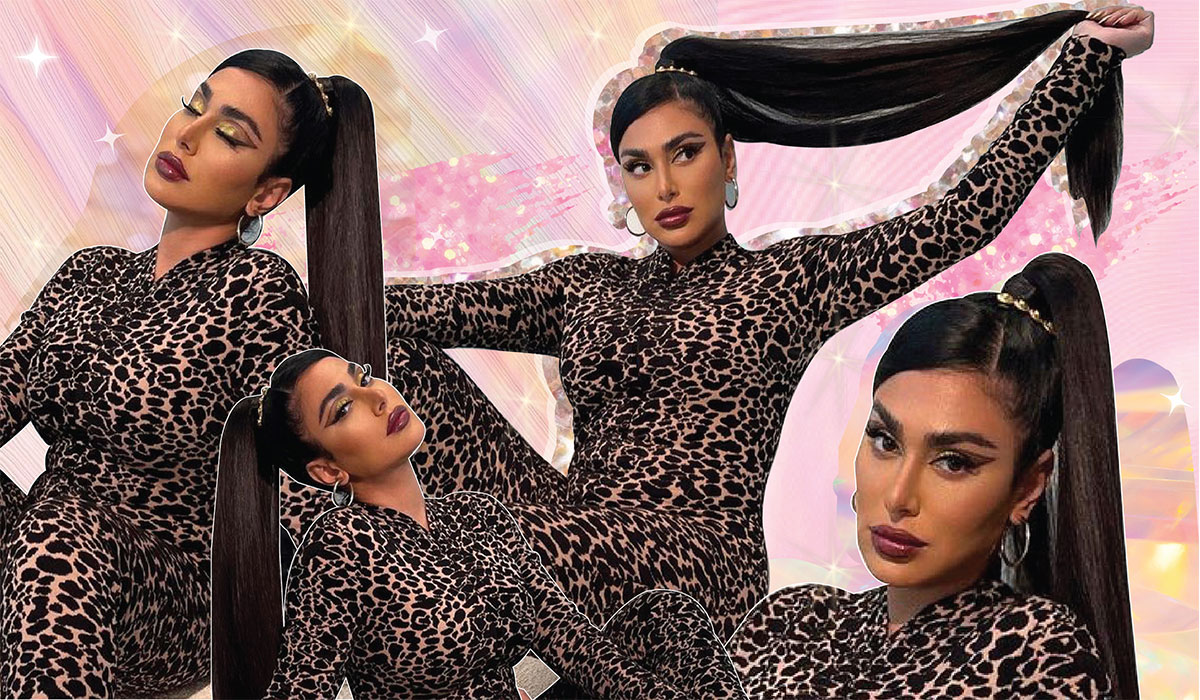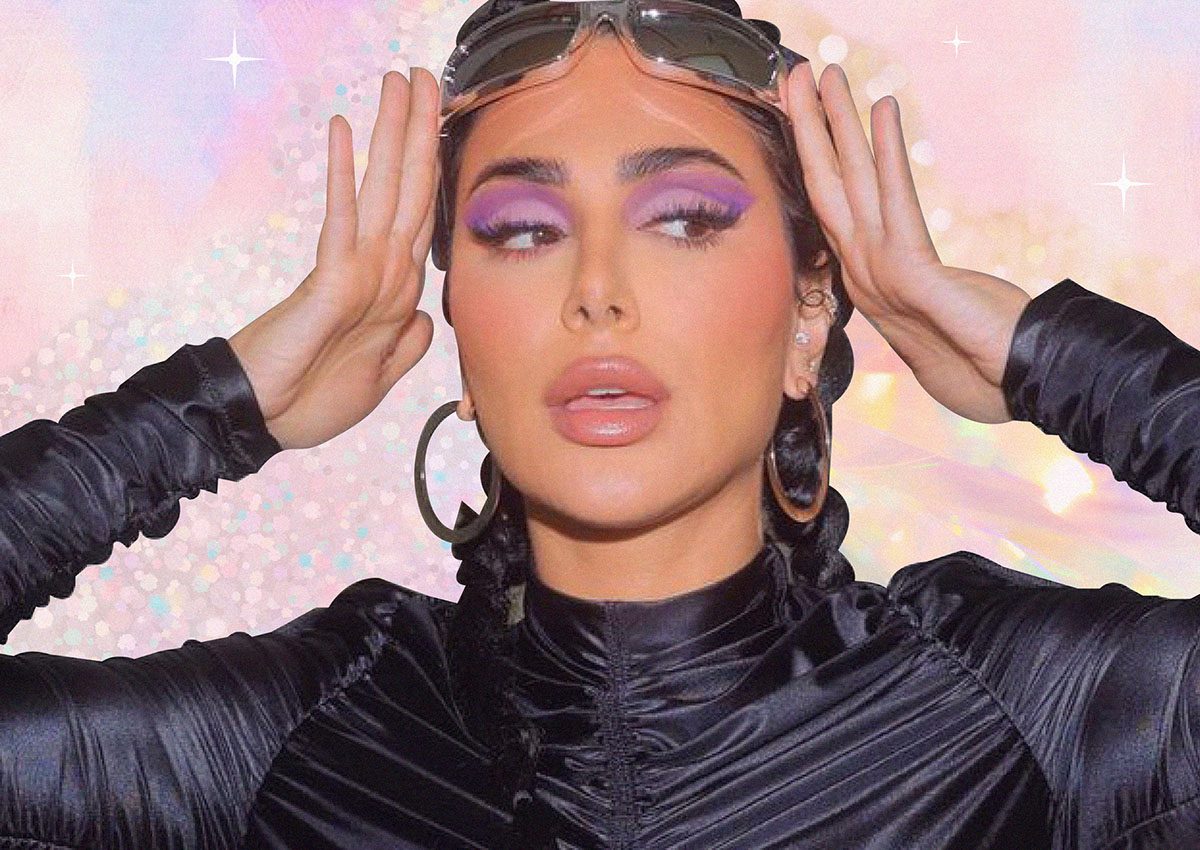Could Sleeping With Your Hair Up Cause Hair Loss?
 via Giphy
via Giphy
There are two types of people in this world: people who sleep with their hair up and people who sleep with it down. But we’ve got some pretty major news for those of you who rock an updo while catching some zzz’s… It could be seriously damaging your hair; and the reason why no matter how much you spend on oils and serums, your hair still doesn’t look healthy. So, if you’re doing this to your hair, you need to stop, now!
How wearing your hair up at night is damaging your hair
If having your hair down at night irritates you like crazy, chances are you pile it up on top of your head, but this can actually cause a hair loss condition known as traction alopecia. Before you start to panic, don’t worry, traction alopecia won’t cause ALL your hair to fall out, but it can result in hair loss and significant thinning (around your hairline in particular), especially during prolonged periods, like those eight golden hours of beauty sleep! It’s triggered by the constant tugging and pulling when your hair is tied too tight; this constant strain causes your hair follicles to become inflamed, damaging them so that they’re unable to complete their growth cycle. As well as pulling your hair, friction between your hair tie and the pillow will also cause your hair particles to weaken, and split ends to emerge mid-length, resulting in even more damage.
What to do instead:
- For those of you with long mermaid manes or any other hair type that’s prone to knotting, wear your hair in a loose, low pony or a braid for minimal strain.
- If you must wear it in a bun on the top of your head, use a scrunchie and tie it loosely, so there’s no tension on your hair. If you use an elastic band, the rubber can lead to breakage and split ends.
- It may sound extra AF, but invest in a silk pillowcase to reduce the level of friction on your hair; this will give you smoother, healthier hair. It’ll also help your hair retain more moisture than if you were to use a cotton pillowcase, which is absorbent and soaks up your hair’s natural oils, leaving it dry and more prone to traction alopecia. If you’re still skeptical, read this!
- If you don’t have the cash to splurge on a silk pillowcase, rummage through your grandma’s drawer for a silk scarf. It’ll do the same job as a silk pillowcase while keeping your hair off your face, not to mention it totally channels old Hollywood glam.
If you’ve already noticed signs of hair thinning…
Don’t worry, traction alopecia isn’t permanent, but it’s essential that you catch it early and break the habit. Make sure you aren’t falling into any other common traps, like using the wrong brush, brushing it incorrectly or over styling. For more tips on what you shouldn’t do to your hair, check out our tips here.























Leave a comment